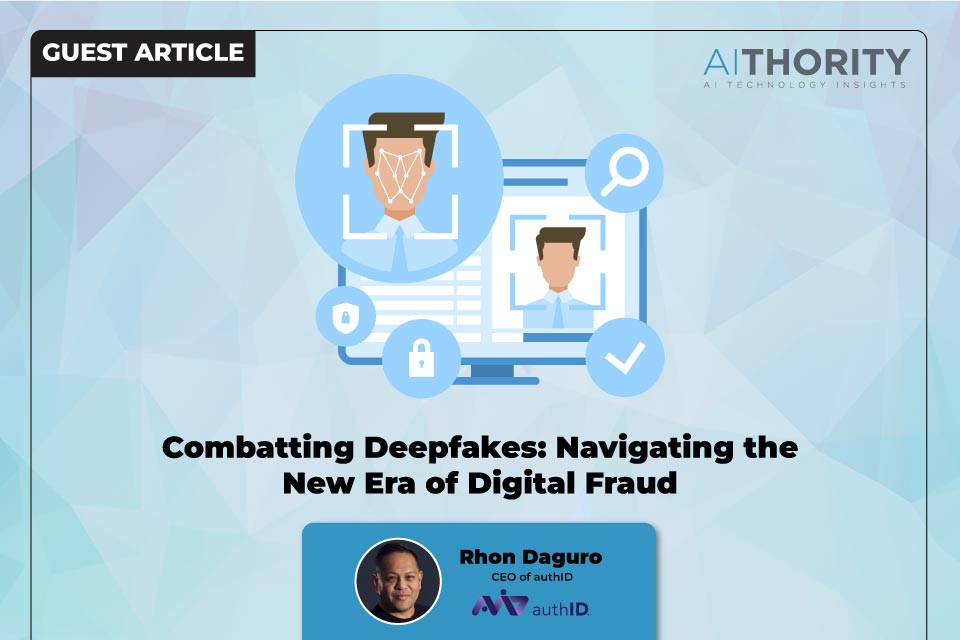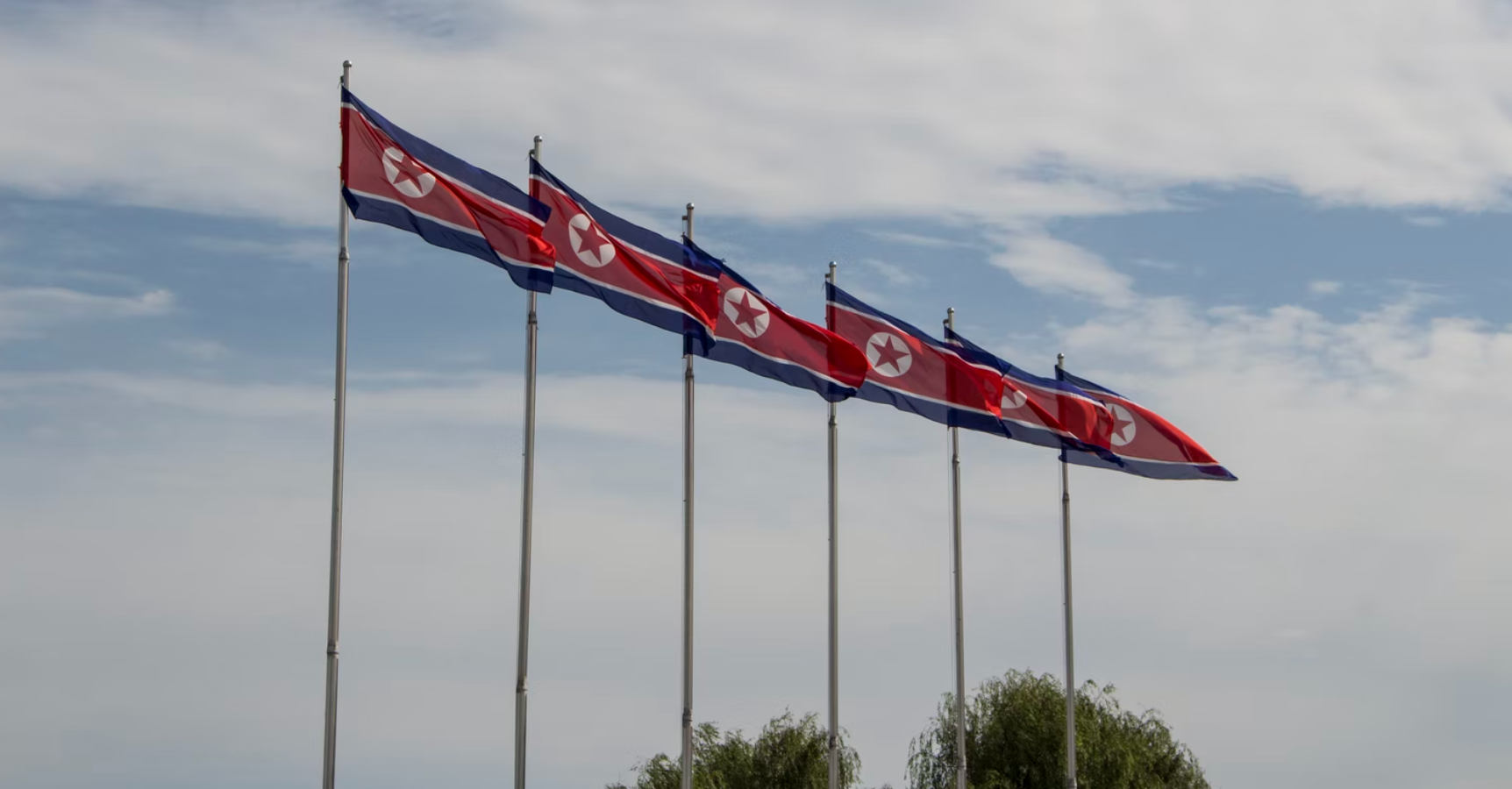Australian Tech Employees Gain Whistleblowing Protections Amidst Growing Concerns Over Digital Harms
Potential Harms of Technology an Area of Focus in the Australian Market
Australia has experienced relatively little tech-related whistleblowing. In fact, Kieran Pender, the Human Rights Law Centre’s associate legal director, said, “the tech whistleblowing wave hasn’t yet made its way to Australia.” However, the potential harms involved in technologies and platforms have been in the spotlight due to new laws by the Australian government and various technology-related scandals and media coverage.
Australia’s Ban on Social Media for Under 16s
Australia has legislated a ban on social media for citizens under 16, coming into force in late 2025. The ban, spurred by questions about the mental health impacts of social media on young people, will require platforms like Snapchat, TikTok, Facebook, Instagram, and Reddit to verify user ages.
A ‘Digital Duty of Care’ for Technology Companies
Australia is in the process of legislating a “digital duty of care” following a review of its Online Safety Act 2021. The new measure requires tech companies to proactively keep Australians safe and better prevent online harms. It follows a similar legislative approach to the U.K. and European Union versions.
Bad Automation in Tax Robodebt Scandal
Technology-assisted automation in the form of taxpayer data matching and income-averaging calculations resulted in 470,000 wrongly issued tax debts being pursued by the Australian Taxation Office. The so-called Robodebt scheme was found to be illegal and resulted in a full Royal Commission investigation.
AI Data Usage and Impact on Australian Jobs
An Australian Senate Select Committee recently recommended establishing an AI law to govern AI companies. OpenAI, Meta, and Google LLMs would be classified as “high-risk” under the new law.
Consent an Issue in AI Model Health Data
The Technology-Related Whistleblowing guide points to reports that an Australian radiology company handed over medical scans of patients without their knowledge or consent for a healthcare AI start-up to use the scans to train AI models.
Photos of Australian Kids Used by AI Models
Analysis by Human Rights Watch found that LAION-5B, a data set used to train some popular AI tools by scraping internet data, contains links to identifiable photos of Australian children. Children or their families gave no consent.
Payout after Facebook Cambridge Analytica Scandal
The Office of the Australian Information Commissioner recently approved a $50 million settlement from Meta following allegations that Facebook user data was harvested by an app, exposed to potential disclosure to Cambridge Analytica and others, and possibly used for political profiling.
Concerns over Immigration Detainee Algorithm
The Technology-Related Whistleblowing guide referenced reports about an algorithm being used to rate risk levels associated with immigration detainees. The algorithm’s rating allegedly impacted how immigration detainees were managed, despite questions over the data and ratings.
Australian Tech Workers Have Whistleblowing Protections Detailed
The guide outlines in detail the protections potentially available to tech employee whistleblowers. For instance, it explains that in the Australian private sector, different whistleblower laws exist that cover certain “disclosable matters” that make employees eligible for legal protections.
Under the Corporations Act, a “disclosable matter” arises when there are reasonable grounds to suspect the information concerns misconduct or an improper state of affairs or circumstances in an organisation.
Public sector employees can leverage Public Interest Disclosure legislation in circumstances involving substantial risks to health, safety, or the environment.
“Digital technology concerns are likely to arise in both the public and private sectors which means there is a possibility that your disclosure may be captured by either the private sector whistleblower laws or a PID scheme — depending on the organisation your report relates to,” the guide advised Australian employees.
“In most cases, this will be straightforward to determine, but if not we encourage you to seek legal advice.”
Australia: A Testing Ground for the ‘Good, Bad, and Unlawful’ in Tech
Whistleblower Frances Haugen, the source of the internal Facebook material that led to The Facebook Files investigation at The Wall Street Journal, wrote a forward for the Australian guide. She said the Australian government was signaling moves on tech accountability, but its project “remains nascent.”
“Australia is, in many respects, a testing centre for many of the world’s incumbent tech giants and an incubator for the good, bad, and the unlawful,” she claimed in the whistleblowing guide.
The authors argue in their release that more people than ever in Australia are being exposed to the harm caused by new technologies, digital platforms, and artificial intelligence. However, they noted that, amidst the policy debate, the role of whistleblowers in exposing wrongdoing has been largely disregarded.
Haugen wrote that “the depth, breadth, and pace of new digital risks are rolling out in real-time.”
“Timely disclosures will continue to be vitally necessary for getting a clearer picture of what risks and potential harm are arising from digital products and services,” she concluded.
Conclusion
The release of the Technology-Related Whistleblowing guide marks an important milestone in the development of whistleblower protections in Australia. The guide provides a comprehensive overview of the protections potentially available to tech employee whistleblowers and serves as a valuable resource for individuals looking to speak out against harmful company practices or products.
FAQs
Q: What is the Technology-Related Whistleblowing guide?
A: The guide is a comprehensive overview of the protections potentially available to tech employee whistleblowers in Australia.
Q: What are some of the potential harms of technology mentioned in the guide?
A: The guide mentions various potential harms, including the impact of social media on young people, the misuse of AI data, and the consequences of automation in tax collection.
Q: Who is Frances Haugen?
A: Frances Haugen is a whistleblower who exposed internal Facebook material that led to The Facebook Files investigation at The Wall Street Journal.
Q: What is the “digital duty of care” in Australia?
A: The digital duty of care is a new measure requiring tech companies to proactively keep Australians safe and better prevent online harms.
Q: What are the implications of the guide for Australian tech employees?
A: The guide provides a comprehensive overview of the protections potentially available to tech employee whistleblowers and serves as a valuable resource for individuals looking to speak out against harmful company practices or products.









